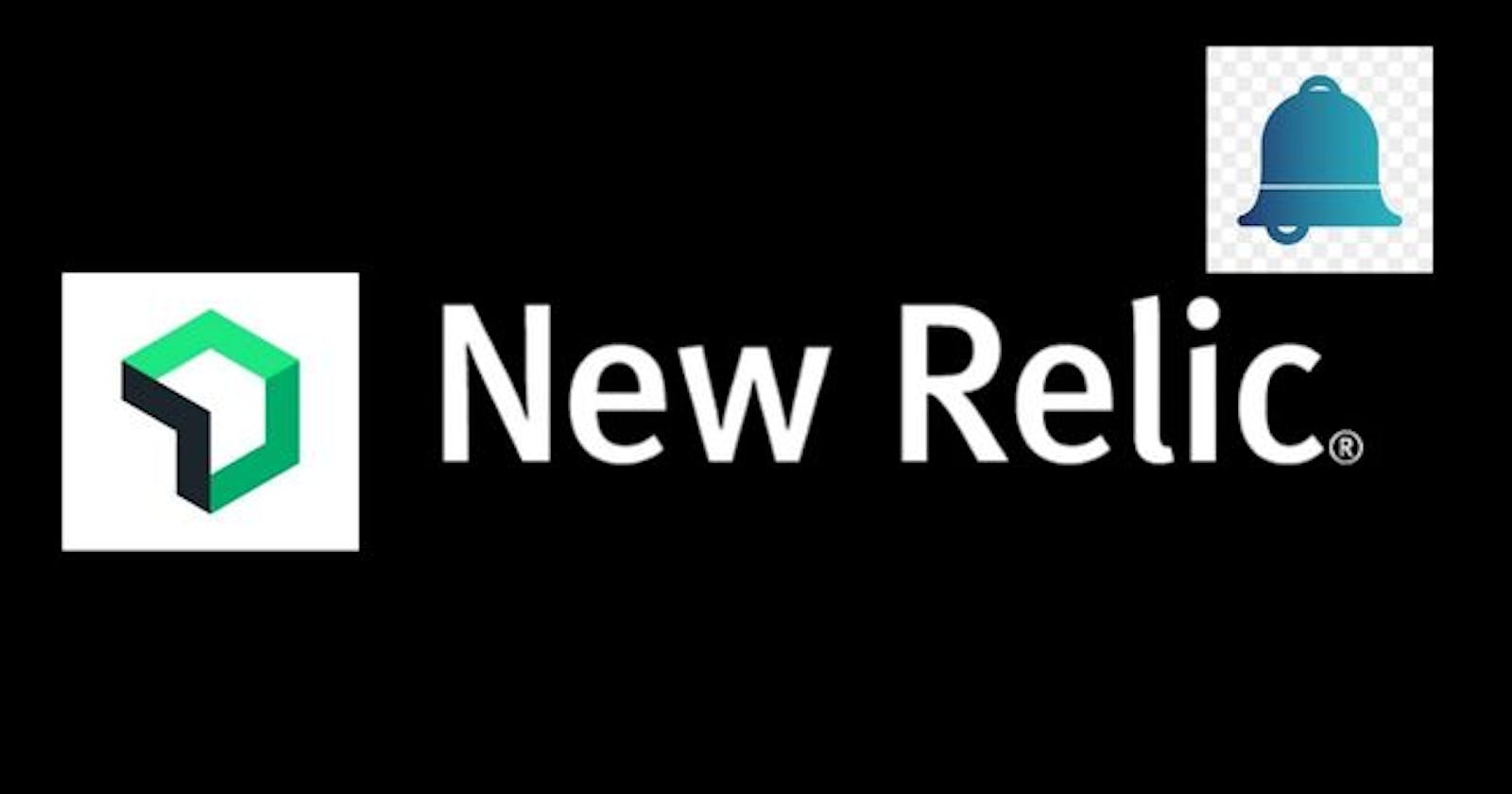New Relic is a platform that provides comprehensive observability of your applications, services, and infrastructure. One of the key features of New Relic is the ability to create alerts that notify you when certain conditions are met. These alerts can help you quickly identify and troubleshoot issues before they become major problems.
Creating an Alert Policy
To create an alert policy in New Relic One, follow these steps:
Log in to your New Relic account.
Select the "Alerts" option from the navigation bar.
Click the "New alert policy" button to create a new policy.
Give your alert policy a name and description that describes the conditions you want to monitor.
Define the alert conditions by selecting the application, service, or infrastructure component you want to monitor and specifying the criteria that will trigger the alert. You can choose from a wide range of metrics and conditions, such as CPU usage, response time, error rate, and more.
Specify the notification channels you want to use to receive alerts, such as email, SMS, or a custom webhook.
Save your alert policy.
Setting Up Notification Channels
After you've created your alert policy, you'll need to set up notification channels to receive alerts. Here's how:
From the "Alerts" page, click the "Notification channels" option.
Select the type of notification channel you want to use, such as email, Slack, or PagerDuty.
Follow the prompts to set up the notification channel, including providing contact information and configuring any necessary settings.
Once you've set up your notification channel, you can select it when creating or editing alert policies.
Managing Alert Policies
Once you've created alert policies and set up notification channels, you can manage your alerts from the "Alerts" page in New Relic One. Here are some common tasks you might perform:
View your existing alert policies and their current status.
Edit existing alert policies to update the conditions or notification channels.
Create new alert policies as needed.
Acknowledge or resolve alerts that have been triggered.
View the history of alerts and notifications for each policy.
Best Practices for Alerts in New Relic
Here are some best practices to keep in mind when using alerts in New Relic :
Define clear alert policies that are specific to your application, service, or infrastructure components.
Use the most relevant and actionable metrics and conditions to trigger alerts.
Set up multiple notification channels to ensure that you receive alerts even if one channel fails.
Regularly review and update your alert policies to ensure they remain relevant and effective.
Consider using New Relic One's AI-powered alerting features, which can help you identify unusual behavior and automatically create alert policies for you.
I hope this helps you understand Alerts in New Relic!
